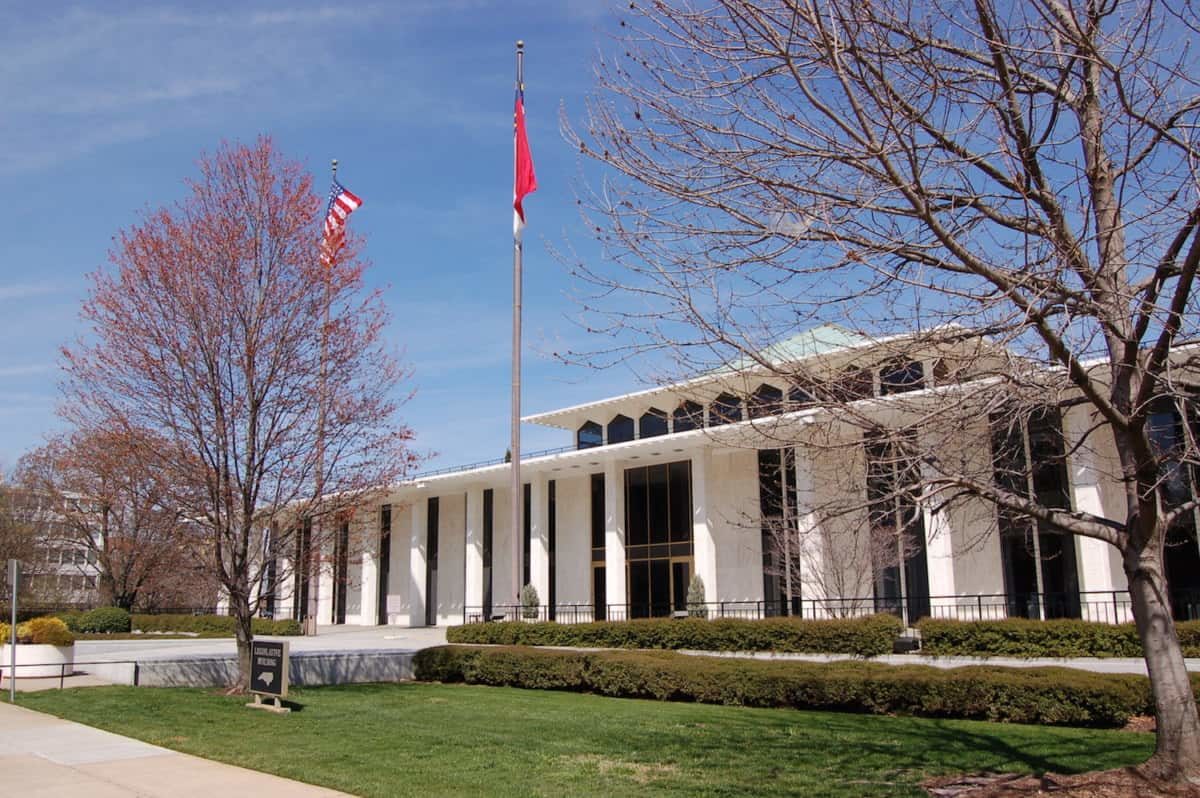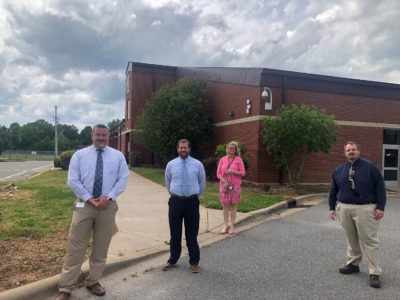

The General Assembly finished up most of its work this week, but it’s not gone for good. An adjournment resolution passed by both chambers puts the date of adjournment of the legislature at July 11, with lawmakers coming back on September 2. According to The NC Insider, the General Assembly will hold skeletal sessions until July 11.
Here are actions on some bills education watchers should know about.
Governor’s signatures
Gov. Roy Cooper signed into law a number of education bills.
— A bill that would waive a road test requirement for teenagers under 18.
The bill would also allow students who had been enrolled in driver’s education in the spring semester before schools were closed to be marked as having completed the course if they had done 15 hours of classroom instruction. They are also required to take six hours of behind-the-wheel instruction.
The waiver of road test requirements lasts until the N.C. Division of Motor Vehicles resumes the road tests, which have been halted during COVID-19.
— A bill that would fund enrollment growth at K-12 public schools.
— Legislation that would give $3.3 million to fund operations at the new Morganton Campus of the North Carolina School of Science and Math, allowing it to open in 2022.
Bills that passed the legislature
— House Bill 1023 doles out federal COVID-19 funds for a number of items, including $7 million for personal protective equipment for schools and $5 million for grants for exceptional children services for those students who lost such services due to COVID-19 school closures.
— A bill that would allow inmates in state prison to work toward an associate of arts, science, or general education degree through community college courses offered there.
— A bill that, amongst other things, expands local districts’ abilities to offer remote instruction days and allows year-round schools to change their school calendar.
Important bills that didn’t pass the legislature
— House Bill 1105 passed the House but was never heard in the full Senate. It would have provided $30 million for expansion of rural broadband.
— A bill that would let state voters decide whether or not to issue a construction bond bill that could have ultimately brought more than $1 billion for public schools and $300 million for community colleges. It passed the House but was never heard in the full Senate.



